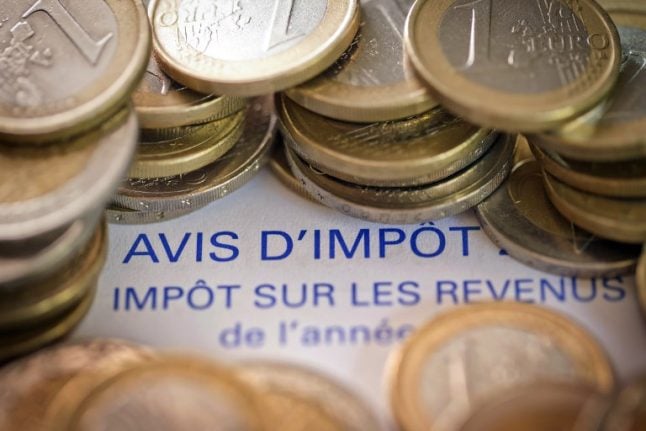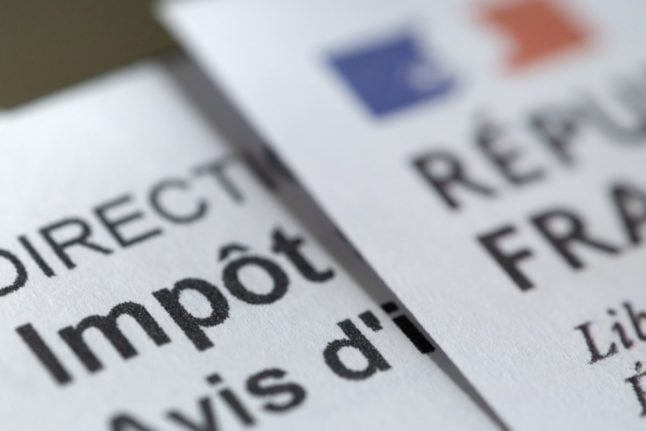France continues to claw back billions of euros owed by French tax fraudsters.
According to an annual report by the country’s General Directorate of Public Finance (DGFIP), adjustments to the tax system resulted in €17.9 billion in tax money recovered in 2017.
That represents a decrease of € 1.6 billion compared to 2016, when € 19.5 billion was retrieved, and €3.3 billion less than 2015, when a record €21.2 billion was recuperated.
But these figures still showcase the success of the Ministry of Finance’s so-called 'drunk tank', a scheme that allows people with hidden bank accounts overseas to legalise their tax situation and only face light penalties.
Many French citizens with offshore accounts and other tax-evading schemes have chosen this option over facing more severe penalties from authorities in due course.
This one measure was alone responsible for €2.5 billion retrieved in 2016 and more than €1.3 billion in 2017, Le Parisien reported.
However, the French taxman’s hunt for scammers is far from over.
Fifty senior officials at the Ministry of Finance in Bercy are on a constant lookout for fraudsters who are trying to hide their tracks and money offshore and/or profit from lucrative tax arrangements.
If caught, defrauders face five years behind bars and half a million euros in penalties.
Bercy also recovered €11.1 billion in 2016 and €9.4 billion in 2017 in old tax revenue owed to them by tax evaders after legal disputes.
And even though the amount recovered from tax fraud dropped in 2017, France’s overall tax earnings increased from €594 billion to €601 billion.
As for income tax, the annual amount recovered also rose from €76.5 billion in 2016 to €77.6 in 2017.



 Please whitelist us to continue reading.
Please whitelist us to continue reading.
Member comments